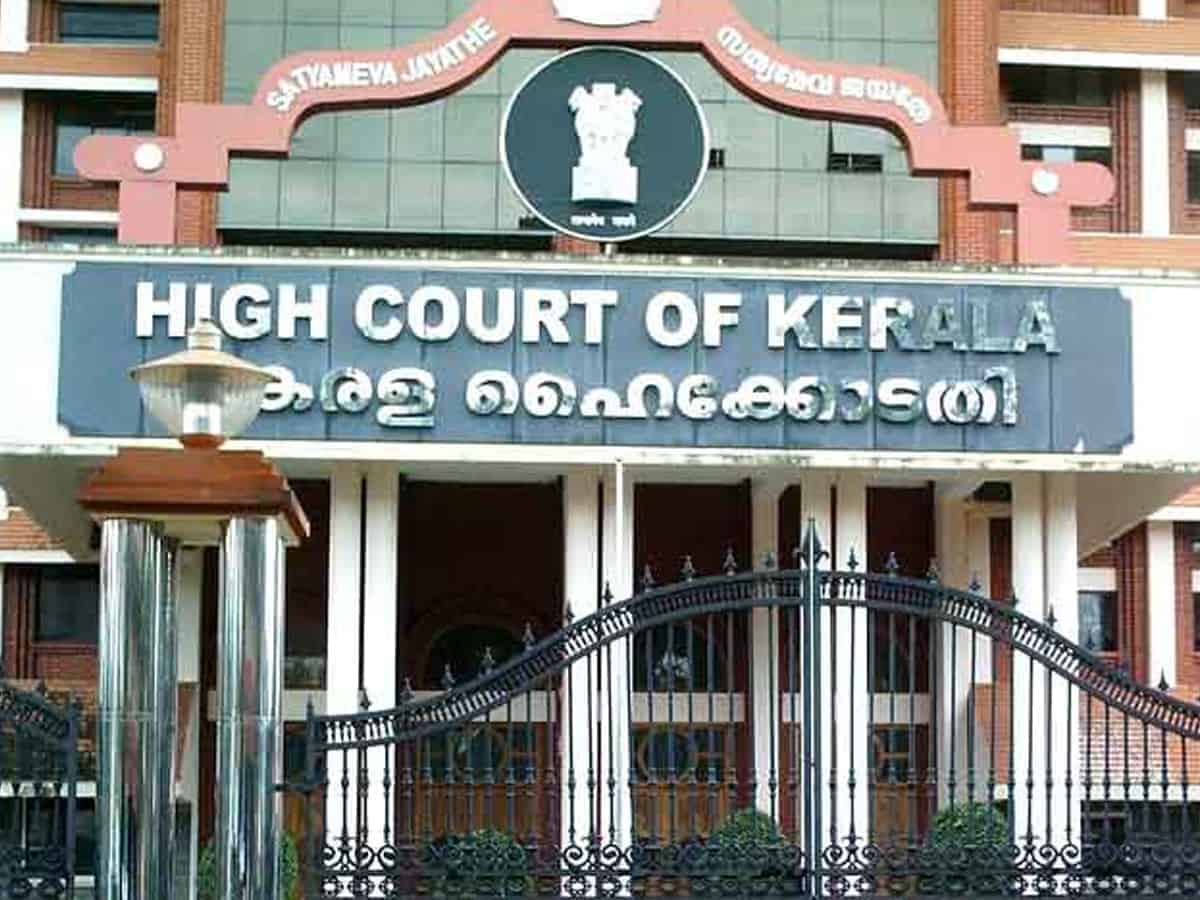
Kochi: The Kerala High Court has held that just because a person had gone to Pakistan in search of a job does not make him an enemy under Rules 130 and 138 of the Defence of India Rules, 1971 unless he was trading with an enemy.
The court’s statement came as it quashed proceedings initiated against the petitioner under the Enemy Property Act, against a property formerly held by the petitioner’s father, who had worked at a hotel in Karachi for a while.
“Only for the reason that the petitioner’s father had gone to Pakistan in search of a job and worked there for a short period will not bring the petitioner’s father within the definition of ‘enemy’ under Rules 130 or 138 of the Defence of India Rules, 1971 which was provided for a totally different purpose and the reliance placed on the said Rules is totally out of context and irrelevant to the facts of the case in hand,” the court ruled.
The case pertains to petitioner P. Ummer Koya’s purchase of some property in Malappuram district from his father, Kunji Koya and some nearby land from his relatives. But when he went to pay the property tax, the villager officer refused to accept tax saying that there were orders from the Custodian of Enemy Property of India (CEPI) as proceedings were initiated under the Enemy Property Act, 1968. He was further informed that the action was taken as per a notification issued by the Ministry of Foreign Trade.
The petitioner said that the Central government, with the authority vested under the Citizenship Act, had duly ordered that his father was an Indian citizen but to no avail.
The court said the petitioner’s father cannot be considered an ‘enemy’ under any of these definitions as it quashed the proceedings initiated against the petitioner by the CEPI and directed the village officer to accept the basic tax of the property from the petitioner.
